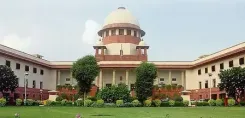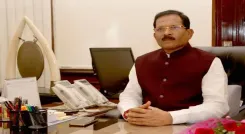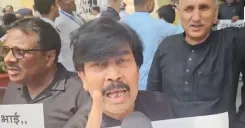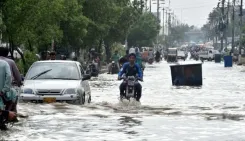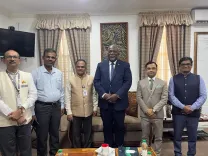Will the Monsoon Session of Parliament Bring Resolutions Today?
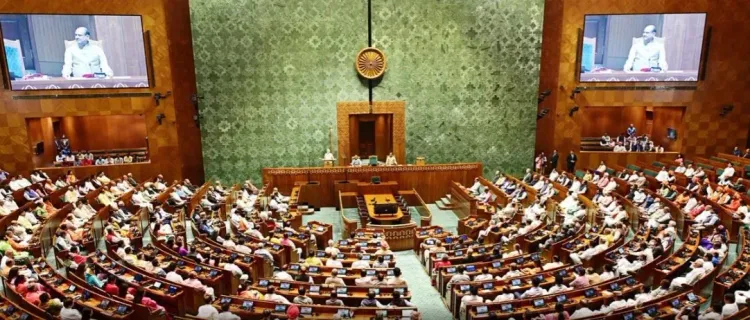
Synopsis
Key Takeaways
- Political tensions continue to rise during the Monsoon Session.
- Rajya Sabha extends debate time on Operation Sindoor.
- Opposition protests focus on electoral roll revisions in Bihar.
- Key political figures are actively engaging in the discussions.
- Ongoing disruptions highlight challenges in governance.
New Delhi, July 23 (NationPress) The third day of the Monsoon Session of Parliament is set to kick off on Wednesday, with sessions in both the Lok Sabha and Rajya Sabha resuming amidst persistent political turmoil.
A significant event in the Upper House includes a planned meeting of the Rajya Sabha Business Advisory Committee (BAC) at 12:30 p.m.
The time allocated for discussion on Operation Sindoor will see an extension of nine hours. This debate is anticipated to remain central as the House addresses various contentious topics.
This update follows a day when both Houses were adjourned for the entirety of Tuesday due to uproar and protests from Opposition parties.
The disruptions stemmed mainly from two crucial matters: the Special Intensive Revision (SIR) of electoral rolls in Bihar and the unexpected resignation of Vice President and Rajya Sabha Chairman, Jagdeep Dhankhar.
On the second day of the Monsoon Session, Opposition leaders conducted a joint protest outside the ‘Makar Dwar’ of Parliament, accusing the Election Commission of executing a “biased and partisan” SIR exercise in the poll-bound state of Bihar. Notable figures such as Rahul Gandhi and Akhilesh Yadav were spotted holding placards and posters alleging electoral wrongdoing.
In the Rajya Sabha, the tension escalated as Opposition members called for a discussion regarding the SIR initiative and Dhankhar’s resignation.
When Deputy Chairman Harivansh dismissed adjournment motions proposed by several Opposition MPs, chaos erupted, with members storming the well of the House and chanting slogans.
The Rajya Sabha was first adjourned until noon, then rescheduled to 2 p.m., and ultimately for the day.
The Lok Sabha experienced a similar situation with ongoing disruptions. Opposition MPs insisted on debates concerning both the SIR initiative and Operation Sindoor, but Speaker Om Birla denied their requests. Protests intensified, resulting in multiple adjournments and a complete suspension of proceedings for the day.

